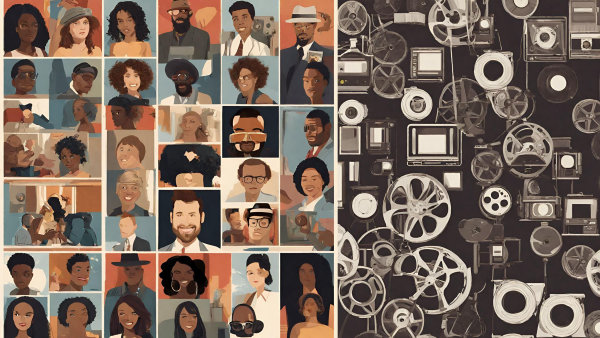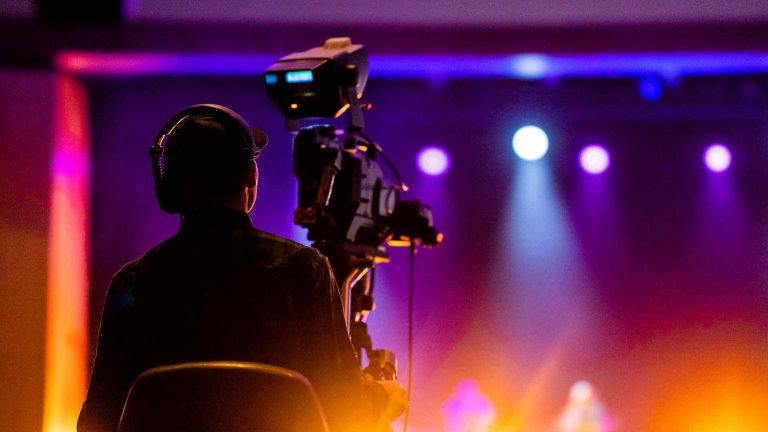
The silver screen has the power to transport us to different worlds, introduce us to new cultures, and challenge our perspectives. However, for a long time, cinema has lacked diversity, both in the stories it tells and the people who tell them. This has resulted in an inaccurate and exclusionary portrayal of the world, leaving many audiences feeling unseen and unheard.
In recent years, there has been a growing movement for greater diversity and representation in cinema. This movement is demanding that films reflect the true complexity of the world, with characters from all walks of life represented authentically and fairly.
Why is Diversity and Representation Important in Cinema?
There are many reasons why diversity and representation in cinema are important. Here are a few:
- It reflects the real world: Our world is diverse, and our movies should be too. When films only portray a narrow range of characters and stories, they create an unrealistic and exclusionary view of the world.
- It allows everyone to see themselves on screen: When people see themselves reflected in the media they consume, it can be empowering and validating. It can also help to challenge stereotypes and prejudices.
- It leads to better stories: Diversity of thought and experience can lead to more creative and interesting stories. When filmmakers from different backgrounds are able to tell their stories, it enriches the film landscape for everyone.
The Current State of Diversity and Representation in Cinema
Despite the growing movement for diversity, there is still a long way to go. Here are some of the challenges that remain:
Underrepresentation of minority groups: People of color, women, LGBTQ+ people, and other minority groups are still underrepresented in both on-screen and behind-the-scenes roles.
Stereotyping and misrepresentation: When minority groups are represented, they are often stereotyped or misrepresented. This can be harmful and perpetuate negative stereotypes.
Lack of access and opportunity: People from minority groups often face barriers to entry in the film industry, making it difficult for them to get their stories told.
Diversity and representation in cinema are essential for creating a more accurate and inclusive portrayal of the world. By supporting diverse filmmakers, demanding change from studios, and getting involved ourselves, we can help to create a film industry that reflects the full diversity of human experience.






